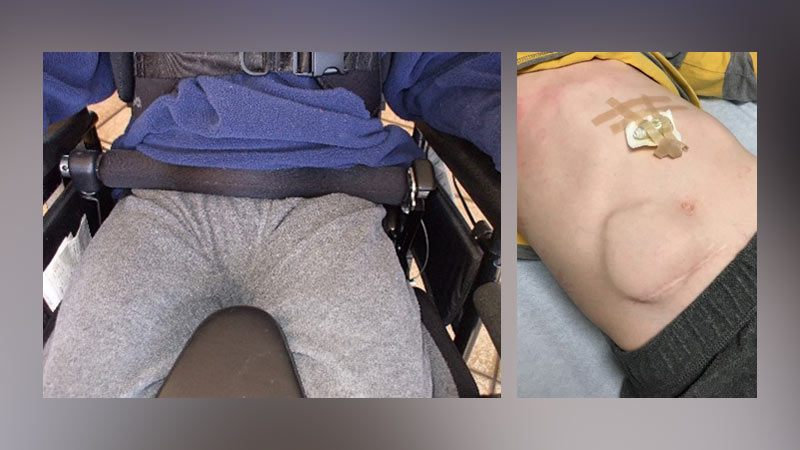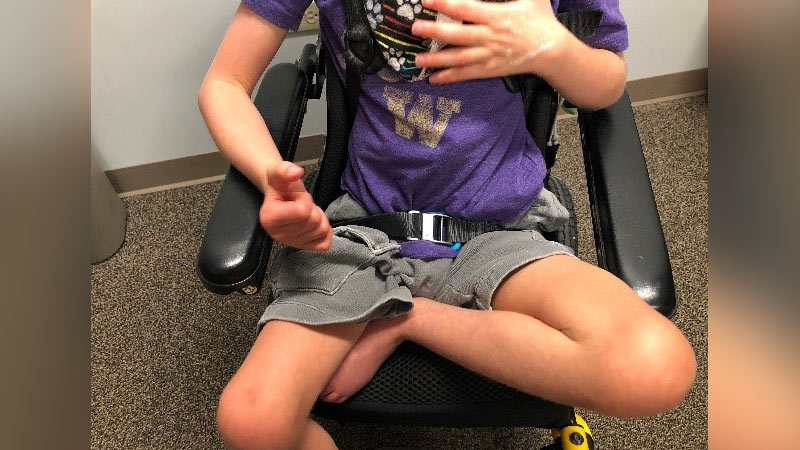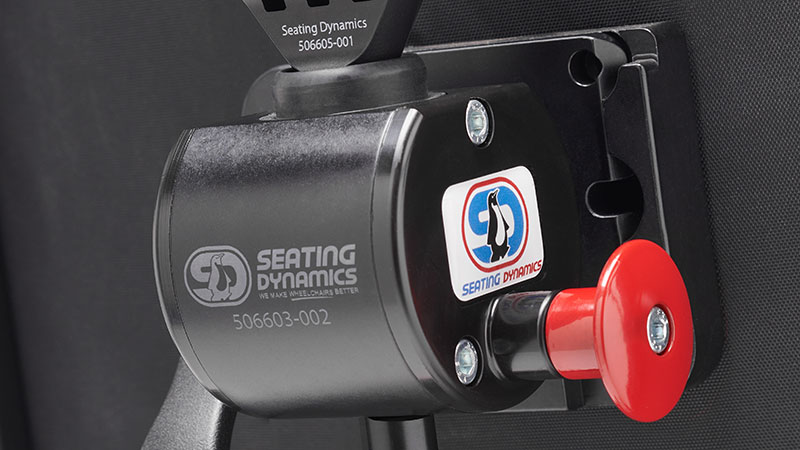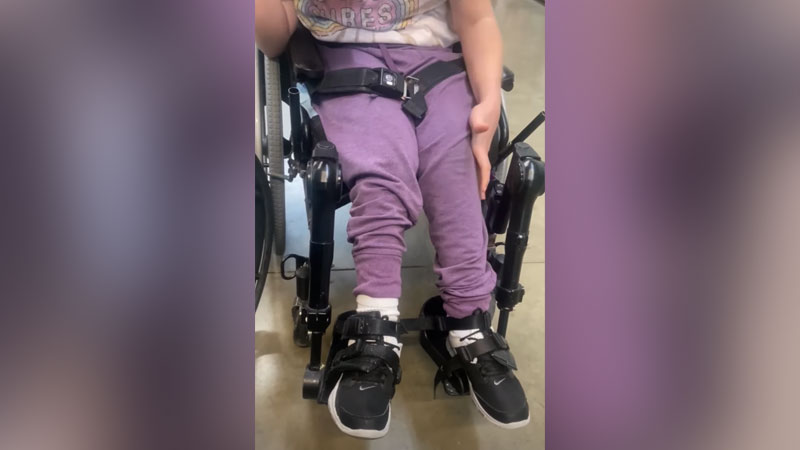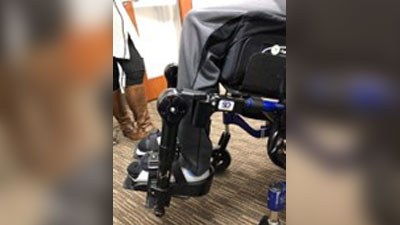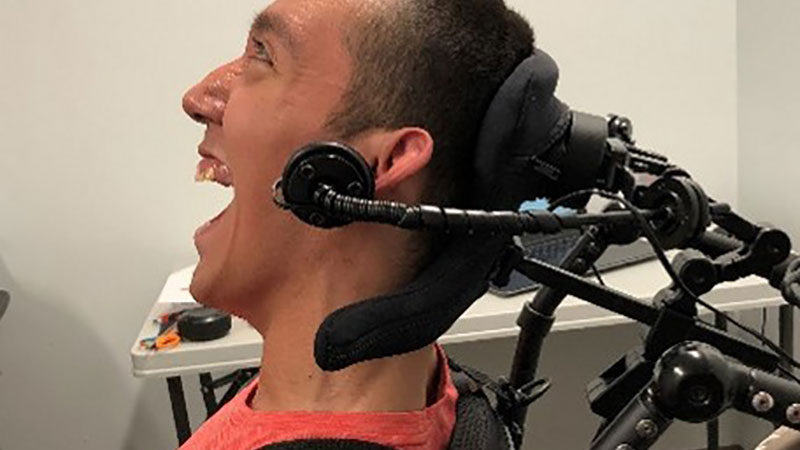Why Don’t We Use Sub-ASIS Bars Anymore?
Sub-ASIS bars are still available, though certainly not used frequently. To the point that a seating and wheeled mobility specialist could be shunned for using one. Why? What changed?
Read MoreChanging Medical Presentation Can Mean Changing Seating Needs
I often say that the only constant in the clients that I serve is CHANGE. I work mostly in pediatrics, so kids tend to grow and, as a result, outgrow their equipment. In kids, however, we have to deal with more change than simple linear growth.
Read MoreLock Out Feature | Dynamic Head Support for Wheelchairs
The Dynamic Head Support for wheelchairs can now be locked-out to limit head movement when desired, such as during transportation. Learn more about this helpful feature.
Read MoreDynamic Head Support Hardware – Lockout Demo
In this video, JJ demonstrates the lockout function of the Dynamic Headrest allowing users to pause headrest movement when undesirable.
Read MoreKristen Extends and Maintains Position
Kristen is a young woman with the diagnosis of cerebral palsy. Kristen extends her body with force, particularly at her legs. She has a long history of breaking her wheelchair footrests secondary to this extension.
Read MoreClinician Stories: An Interview with Christine G. Dale, OTR/L, ATP
Christine (Chris) is the Director of Therapy Services at North Mississippi Regional Center. She has been practicing for nearly 50 years and loves what she does!
Read MoreTech Tip: Dynamic Footrest – Knee Angle Adjustment on Telescoping-only Footrest
In this video, JJ shows you how to adjust the knee angle on the telescoping-only Dynamic Footrests.
Read MoreTop 10 Dynamic Seating for Wheelchairs Resources from 2022
From CEUs to FAQs to blogs, take a look back at 2022 and see what Dynamic Seating for wheelchairs resources our community found most helpful this past year.
Read MoreDon’t Jump to a Solution Without Knowing What the Problem is! Part 3: the Clinicians
In Part 2 of this Blog series, we discussed the Supplier and how their knowledge of CRT equipment and the reimbursement process can help identify the best Solution. Part 3 presents the Clinician and their unique role on the team in determining optimal Solutions.
Read MoreDon’t Jump to a Solution Without Knowing What the Problem is! Part 2: the ATP/Supplier
In Part 1 of this Blog series, we discussed the Client and Caregivers and how they can help identify the Problem that needs a Solution. Part 2 presents the Supplier and their role on the team in determining a Solution.
Read More
